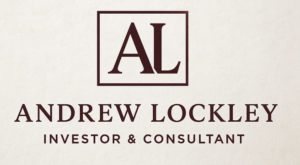Frankly speaking…
A ‘good’ reference is useless, because it give no actionable information. You need to know the good, the bad and the ugly before you start a working relationship. So here are a couple of brutally frank comments from my clients.
Firstly, the short and sweet. Hamish Brocklebank from Flooved said simply after his first consultancy session: “That was f****** awesome.” It doesn’t get much better than that.
Secondly, with some more detail, here’s Shamus Husheer, CEO of Cambridge Temperature Concepts:
“Andrew has advised on our consumer sales process and identified a number of key weaknesses. As with any good consultant, most of these weaknesses were blindingly obvious in retrospect and it feels like paying good money to hear common sense, but it’s the identification and focus on this that is of value. Andrew is as relentless in pursuing a solution to a problem that has been identified as he is in pursuing a new client for his business – if you want to have a consultant’s report to leave sitting in a drawer with no follow-up, don’t hire him.”
I largely agree with that, but of course the key point is ‘in retrospect’. The key to acheiving this insight is giving firms the skills to see weaknesses themselves in future. It’s all about building a capability, not a dependency. Consultancy reports are usually a waste of time – so don’t bother paying for them. Anything over a few hundred words hardly ever gets read My focus is on generating simple action points that actually make money. Changes don’t normally take effect instantly, and firms should not expect results by magic. However, with carefully monitored implementation, clear and measurable benefits should be expected.

Leave a Reply
Want to join the discussion?Feel free to contribute!